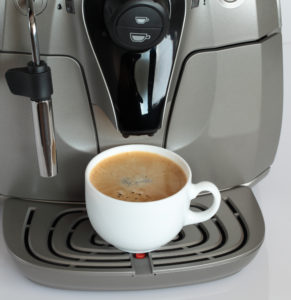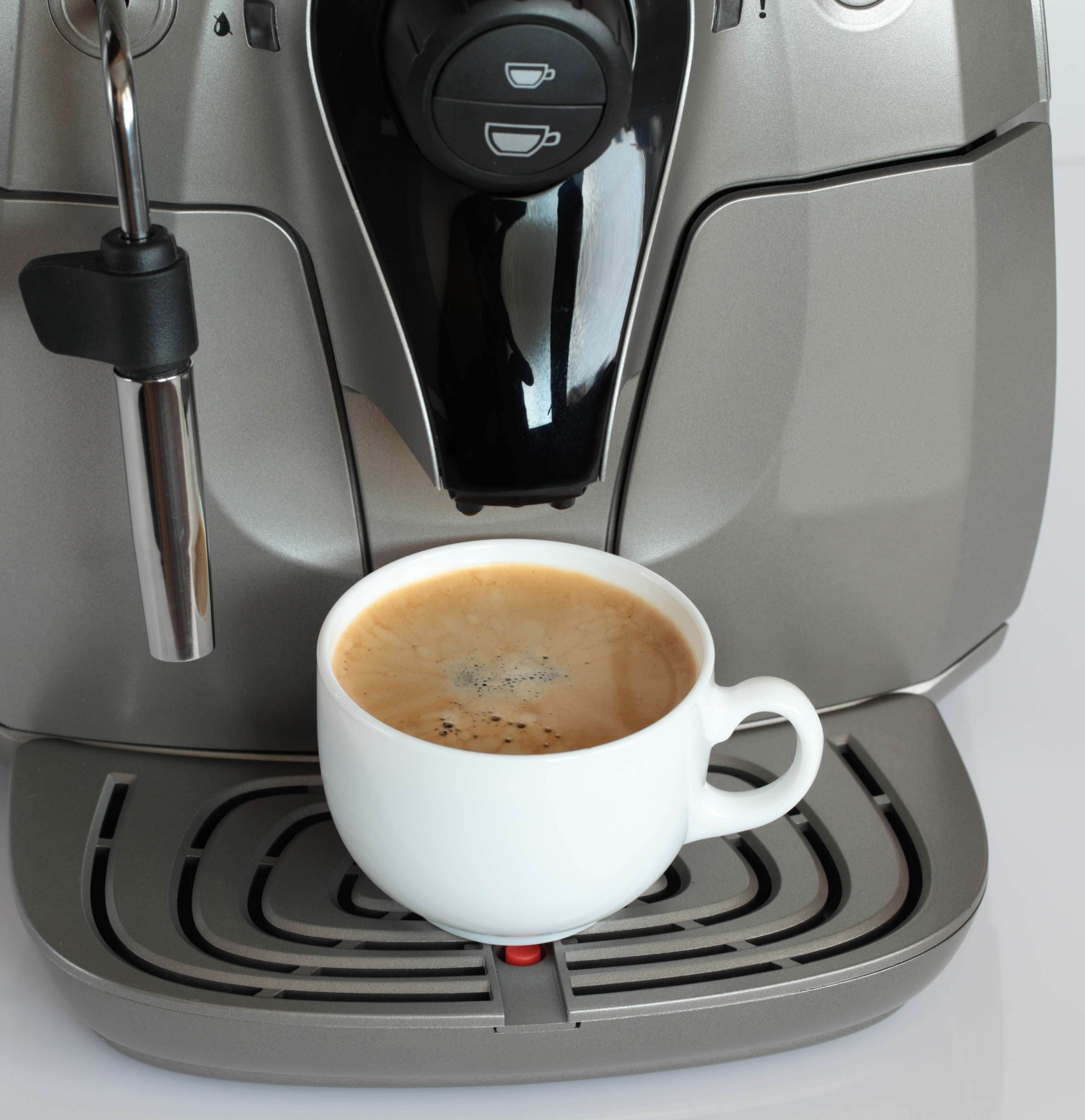
Get your Brew On
Is a trip to Starbucks part of your daily ritual? It is for many people, male and female alike. Fortunately, recent studies show drinking coffee has health benefits. For example, coffee drinkers enjoy a lower risk of Parkinson’s disease, type 2 diabetes, and gallstones. Some studies even link coffee consumption with a reduced risk of cardiovascular disease. But what if you have high blood pressure? Coffee contains caffeine and one concern is the caffeine in coffee may cause a rise in blood pressure. What does science say about coffee drinking and hypertension? After all, it could be the substance that is preventing from reaching your blood pressure goal.
How Coffee Affects Your Heart and Blood Vessels
When you drink a cup of caffeinated coffee, it stimulates your sympathetic nervous system, also known as the fight-or-flight system. This is the division of your nervous system that speeds up your heart rate and gets you ready to fight off a predator or escape! That comes in handy in certain situations.
One reason coffee wakes you up and makes you more alert is because it elicits this fight or flight response. However, if you’re a habitual coffee drinker, you become somewhat desensitized and feel less jittery and hyped up unless you drink more.
The caffeine in coffee also causes blood vessels to narrow briefly after you drink it. When your blood vessels clamp down, it causes a temporary rise in blood pressure. Usually, this effect is brief. The rise in blood pressure is more pronounced if you aren’t a regular coffee drinker. In fact, one study found that getting the caffeine equivalent of 1.5 to 2 cups of coffee raised blood pressure by 8 mmHg (systolic) and 6 mmHg (diastolic).
The bump up in blood pressure lasts for up to 3 hours after drinking coffee. For most people, this transient increase in blood pressure isn’t dangerous. However, it could be a problem for people who have poorly controlled hypertension.
Can Coffee Raise Blood Pressure Longer Term?
If you drink a lot of coffee, especially if you’re not a regular coffee drinker, it could trigger a rise in stress hormones, including cortisol and adrenalin. According to some studies, cortisol can remain higher for up to 12 hours after drinking large amounts of caffeine. Cortisol causes the body to retain sodium and this leads to a more persistent rise in blood pressure. If you combine excessive coffee intake with other factors such as lack of sleep or stress, coffee may cause a sustained rise in blood pressure. On the plus side, coffee drinkers develop some tolerance over time and cortisol levels don’t rise as much when they drink their daily brew.
Coffee and the Risk of Developing Hypertension
The fact that coffee causes a short-term rise in blood pressure sounds ominous, especially if you’re at risk of developing hypertension due to family history. But consider this. Studies also link consumption of coffee (4 or more cups daily with a lower risk of developing high blood pressure.
Why might this be? It may relate to the other components in coffee. Coffee is the number one source of antioxidants in the American diet due to its high polyphenol content. Polyphenols have antioxidant and anti-inflammatory activity and may counter the blood pressure raising effects of the caffeine.
In fact, some studies show that polyphenols improve blood vessel function. One consequence of this is the arteries that carry blood open up wider and blood pressure drops. Remember, you become somewhat tolerant to the effects of caffeine, so it’s less likely to trigger a rise in blood pressure after you drink it for a while. However, you don’t develop tolerance to the beneficial effects of the polyphenols in coffee. Therefore, once you become a habitual coffee drinker, your blood pressure can drop to the effects of the polyphenols in coffee.
The Bottom Line
Caffeine causes a temporary rise in blood pressure in some people. This effect lasts several hours before blood pressure returns to normal. Some people who have poorly controlled hypertension may have a sharper or more sustained rise in blood pressure. There needs to be more studies looking at this.
Also, if you consume excessive amounts of caffeine and experience a rise in cortisol, blood pressure can remain high for up to 12 hours afterward. But, as a whole, drinking coffee doesn’t increase the risk of developing high blood pressure and may modestly reduce the risk. The best way to see how your blood pressure responds to caffeine is to take it every hour for a few hours after you consume a few cups of coffee and record the values. Save them and show your physician on your next visit.
There are also genetic differences in how quickly people break down caffeine and this can impact blood pressure as well. So, know what your blood pressure readings are when you drink caffeinated beverages, including coffee. Fortunately, they’re easy to monitor!
References:
Northwestern Medicine News Center. “Coffee Consumption Linked to Lower Risk of Death”
HealthLine.com. “Does Coffee Raise Your Blood Pressure?”
Expert Review of Cardiovascular Therapy. Volume 15, 2017 – Issue 3.
Psychosom Med. 2005; 67(5): 734-739.doi: 10.1097/01.psy.0000181270.20036.06.
Medscape Family Medicine. “Higher Coffee Intake Tied to Lower Mortality Risk”
